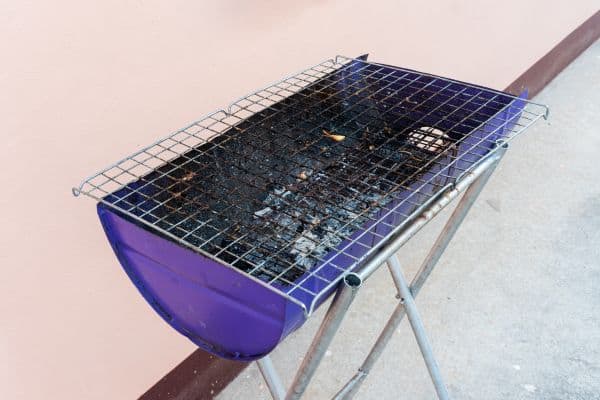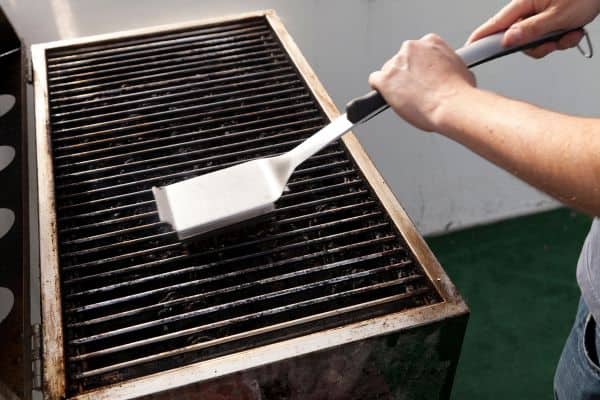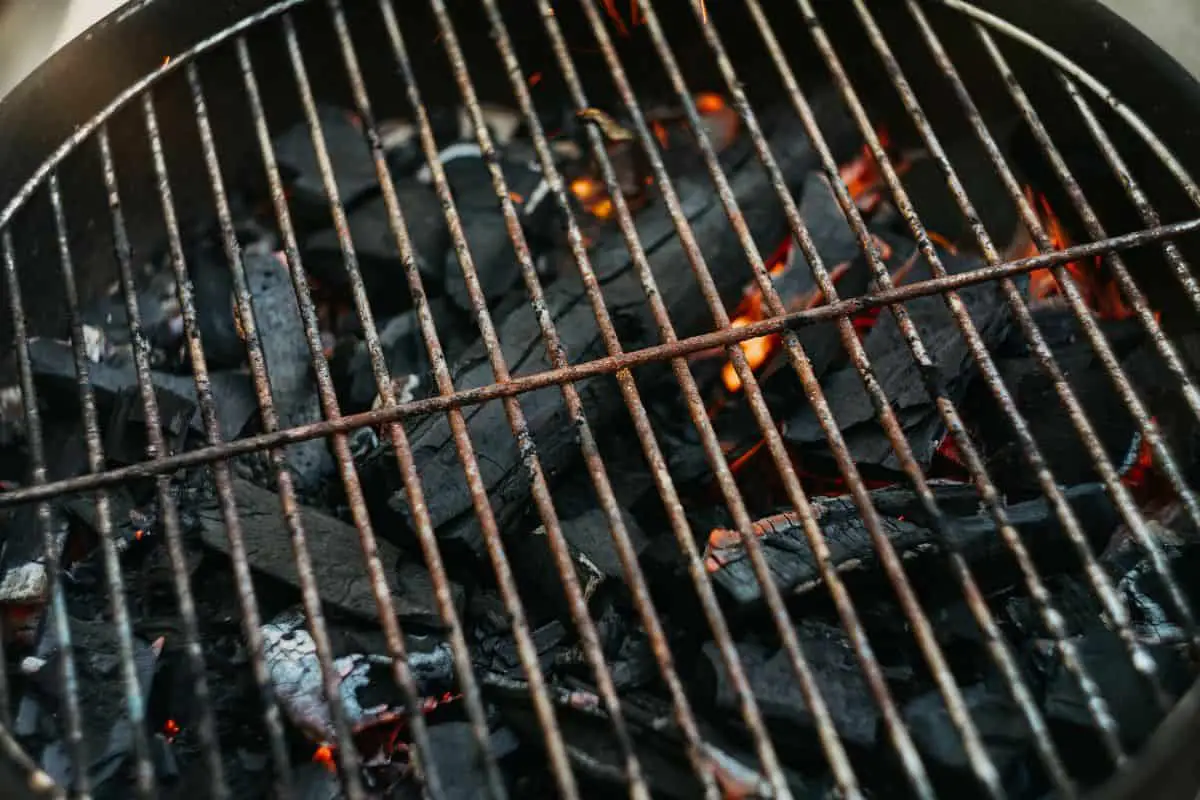This page may contain affiliate links. If you click and buy, we might get a small commission at no cost to you.
Grilling, an iconic summer activity synonymous with sunny days, family gatherings, and delicious food, often raises a particular question for enthusiasts and novices to grilling – is it okay to grill on rusty grates? In this article we discuss and answer that very question.
Article Highlights
- Grilling on lightly rusty grates may not pose immediate health risks, but it is not recommended due to potential long-term effects and impact on flavor.
- Regular cleaning and maintenance can help prevent rust formation on grill grates.
- Certain cleaning techniques and protective measures can extend the life of your grill grates and promote a safer, better grilling experience.
Is It OK to Grill on Rusty Grates?

In general, it’s not recommended to grill on rusty grates. While consuming food cooked on a slightly rusty grill won’t necessarily cause immediate harm, over time, ingesting rust particles could potentially increase the risk of certain health conditions.
The presence of rust on your grill grates also detracts from the overall grilling experience, as it can stick to and taint the flavor of your food, turning your well-intended barbecue into a less than ideal culinary event.
Furthermore, grilling on rusty grates may compromise the longevity of the grill itself, as the rust can continue to erode the grates and other parts of the grill.
What Causes Grill Grates to Rust?
Grill grates often rust due to exposure to moisture. Whether it’s from the natural humidity in the air, leftover food particles, or remnants from a previous cleaning, the moisture can react with the iron in the grates, causing them to rust over time. Leaving your grill uncovered or not adequately drying it off after a cleaning can accelerate this process.
Stainless steel grates are less prone to rusting compared to cast iron grates, but they too can develop rust if not adequately cared for. Also, some metals like cast iron are particularly prone to rusting but can be protected through seasoning and regular cleaning.
How to Clean Rusty Grill Grates
When faced with rusty grates, there are a few steps you can take to remove the rust:
- Preparation: Disconnect the propane tank and set it aside if you’re working with a gas grill. For safety reasons, ensure the grill is cool before starting.
- Remove the Grates: Take out the grill grates and any other parts covered with rust.
- Scrub the Grates: Use a wire brush to scrub off the rust. For stubborn spots, you can utilize a combination of baking soda and vinegar or apply a ready-made solution like this one. Let it sit for a few minutes, then scrub it off.
- Rinse and Dry: Rinse off the grates with water, ensuring all rust particles are removed. Thoroughly dry the grates before reassembling to prevent further rusting.
- Season the Grates: Coat the grates with cooking oil and heat them to allow the oil to seep into the grates. This creates a protective layer that can help prevent future rust.
Preventing Rust on Grill Grates

Prevention is always better than cure. Here are some strategies to prevent rusting:
- Clean Your Grill After Each Use: Remove food particles and debris after each grilling session.
- Season Your Grates: Regularly season your grill grates, especially if they are made of cast iron. This creates a protective barrier and can help prevent rusting.
- Cover Your Grill: Protect your grill from the elements by using a cover like this one, especially when not in use.
- Store in a Dry Area: If possible, store your grill indoors or in a dry area to minimize its exposure to moisture.
Grilling should be a fun and tasty experience. Ensuring that your grill grates are rust-free not only guarantees healthier meals but also prolongs the life of your grill, ensuring many more delightful grilling sessions in the future.
Conclusion: The Impact of Rust on Your Grilling Experience
In conclusion, it is not recommended to grill on rusty grates. Doing so not only compromises the flavor and quality of your grilled food, but over time, it could potentially pose health risks due to the ingestion of rust particles.
To put it differently, while you might not immediately fall ill from grilling on a slightly rusty grill, it’s still a practice that is better avoided for the sake of long-term health, flavor enhancement, and the overall lifespan of your grill.
Proper care and regular maintenance of your grill can not only extend its life but also ensure a more delightful and healthy grilling experience for everyone involved.
Make it a habit to clean, dry, and season your grates regularly, and always use a cover to shield your grill from the elements when not in use.
By adhering to these simple steps, you can savor the moments, aroma, and flavors of grilling without having to worry about the rust factor. Here’s to many more safe and savory grilling sessions!



